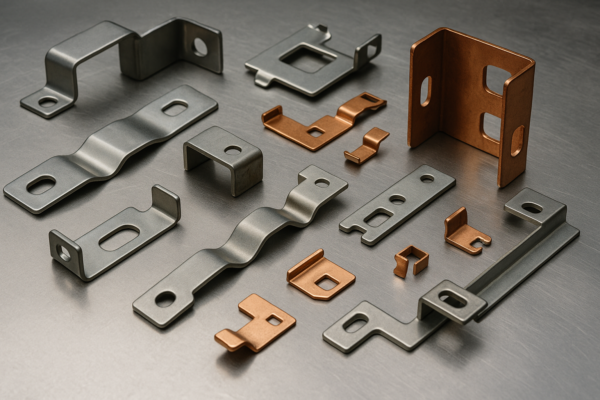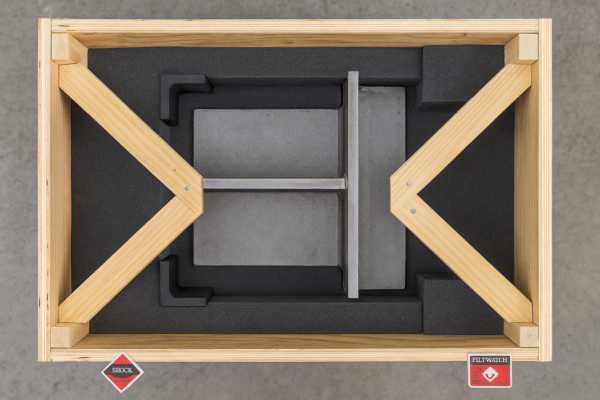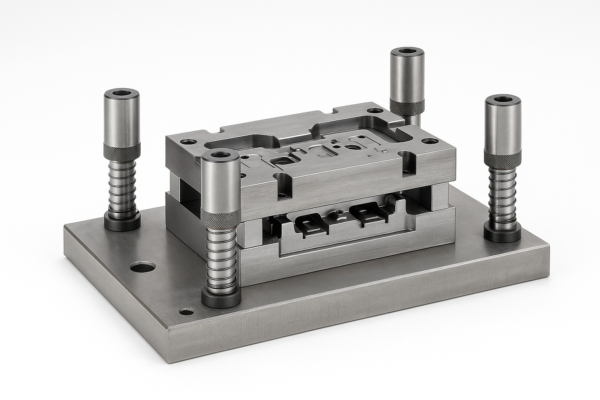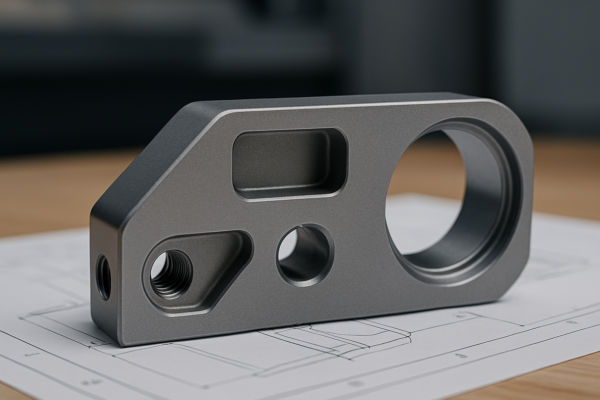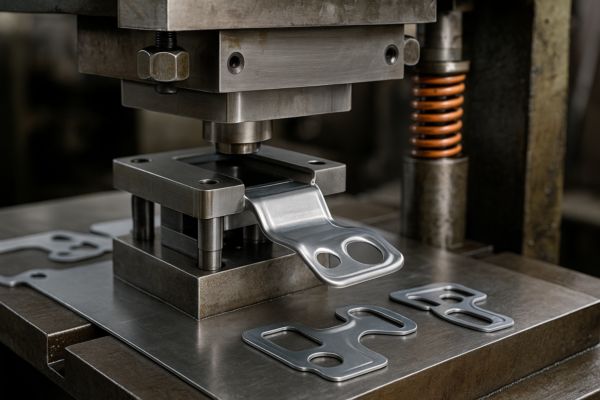How Do You Calculate Sheet Metal Cost?

Calculating sheet metal cost can be complex due to fluctuating prices, material waste, and varying specifications.
Sheet metal cost is influenced by material type, thickness, cutting method, and quantity. Accurate estimates require considering labor, tooling, and waste factors.
Understanding these components helps in making informed sourcing decisions and ensuring reliable pricing.
Table of Contents
- How to Calculate Sheet Price
- How Do You Calculate Metal Sheets?
- How Do You Calculate Cost Sheet?
- How Do You Calculate Square Footage of Sheet Metal?
- FAQs
- Contact Us
How to Calculate Sheet Price?
Calculating sheet price involves understanding various factors that contribute to the final cost.
To determine sheet price, multiply the sheet area by the material’s unit price. Add costs for cutting, labor, and waste to get the total material price.

Let’s delve into each component:
🧮 Sheet Price Calculation Formula
| Component | Formula | Notes |
|---|---|---|
| Sheet Area | Length × Width | Convert to appropriate units |
| Material Weight | Area × Thickness × Density | Use correct density for the material |
| Base Material Cost | Weight × Unit Cost | Based on current market rates |
| Waste Cost | Material Cost × Waste Percentage | Typically 5%-15% depending on the process |
| Processing Costs | Cutting + Forming + Labor | Varies based on complexity |
| Total Sheet Price | Sum of all above components | Final cost per sheet |
Utilizing tools like Xometry’s Sheet Metal Fabrication Cost Calculator can aid in accurate estimations.
How Do You Calculate Metal Sheets?
Different metals have varying properties affecting weight and cost calculations.
Calculating metal sheets requires knowledge of the metal type, thickness, and dimensions. Each metal’s density influences the overall weight and cost.

Understanding material properties is crucial:
🔍 Material Densities
| Material | Density (g/cm³) | Common Uses |
|---|---|---|
| Mild Steel | 7.85 | Structural components |
| Stainless Steel | 8.0 | Corrosion-resistant applications |
| Aluminum | 2.7 | Lightweight structures |
| Brass | 8.4 | Decorative elements |
Weight Calculation Formula:
Weight = Length × Width × Thickness × Density
Accurate weight calculations are essential for budgeting and logistics planning.
How Do You Calculate Cost Sheet?
A cost sheet provides a detailed breakdown of all expenses involved in sheet metal fabrication.
Calculating a cost sheet involves itemizing material, labor, tooling, packaging, and logistics costs to understand the total expenditure.

Here’s a structured approach:
📦 Cost Sheet Components
| Cost Component | Details |
|---|---|
| Raw Material | Base metal cost |
| Labor | Wages for cutting, bending, welding |
| Tooling | Costs for dies and molds |
| Surface Treatment | Expenses for painting, coating |
| Packaging | Materials for safe transportation |
| Logistics | Shipping and handling charges |
Utilizing comprehensive cost sheets ensures transparency and aids in identifying areas for cost optimization.
How Do You Calculate Square Footage of Sheet Metal?
Determining the area of sheet metal is fundamental for cost estimation and material procurement.
To calculate square footage, multiply the sheet’s length by its width (in feet). Adjust for any unusable areas due to cutting or design requirements.

Consider the following steps:
📏 Square Footage Calculation
- Convert Dimensions: Ensure measurements are in feet.
- Calculate Area: Multiply length by width.
- Adjust for Waste: Subtract areas lost to cuts or design features.
- Determine Usable Area: Use nesting software for optimal material usage.
Accurate area calculations prevent material shortages and reduce waste.
FAQs
Q1: What factors most significantly impact sheet metal cost?
A1: Material type, thickness, complexity of design, labor rates, and production volume are primary cost drivers.
Q2: How can I reduce sheet metal fabrication costs?
A2: Optimize design for manufacturability, choose cost-effective materials, and order in bulk to leverage economies of scale.
Q3: Why is nesting important in sheet metal fabrication?
A3: Nesting optimizes material usage by arranging parts efficiently on the sheet, reducing waste and cost.
Q4: Are there tools to assist with cost estimation?
A4: Yes, tools like Xometry’s Cost Calculator provide quick and accurate estimates.
Contact Us
For expert assistance and custom solutions, reach out to us:
- Website: https://primecustomparts.com/
- Email: [email protected]
Our team at Shandong Prime International Trade Co., Ltd. is dedicated to providing top-quality industrial hardware accessories with swift delivery and reliable service.


